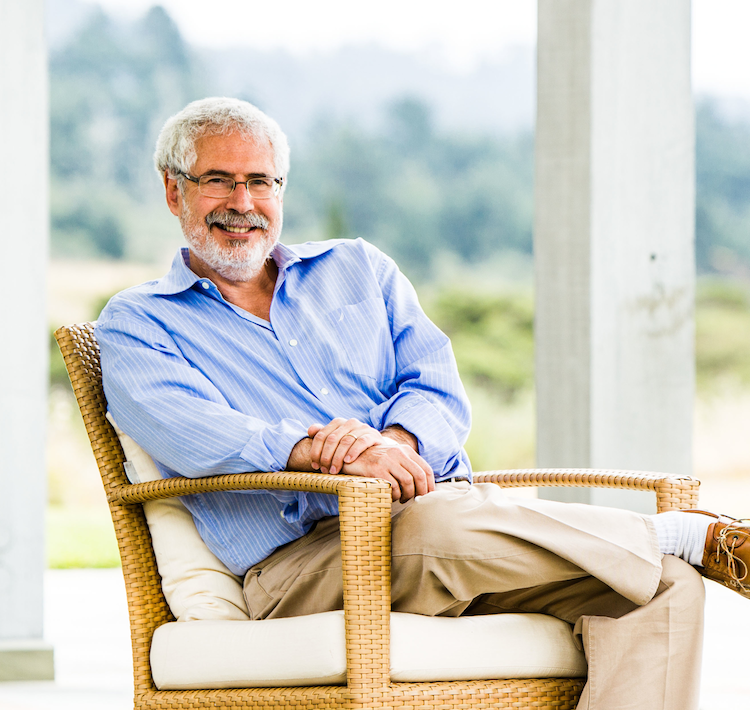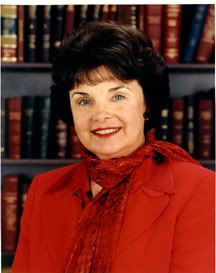 Outgoing Coastal Commissioner issues warning about “compromise”
Outgoing Coastal Commissioner issues warning about “compromise”
by Brian Leubitz
 Steve Blank is hardly a radical anti-business guy. He was appointed to the Coastal Commission by Gov. Schwarzenegger, and has been something of a Silicon Valley serial entrepreneur. He’s a long time environmentalist, but it is hardly what has got him attention over the years. Last week, Blank resigned from the Commission after serving over six years.
Steve Blank is hardly a radical anti-business guy. He was appointed to the Coastal Commission by Gov. Schwarzenegger, and has been something of a Silicon Valley serial entrepreneur. He’s a long time environmentalist, but it is hardly what has got him attention over the years. Last week, Blank resigned from the Commission after serving over six years.
And since Peter Douglas, the longtime director of the Coastal Commission, passed away a little over a year ago, the stalwart roadblock to mass development of the Coast has been degraded. Douglas was the steel in the spine of the Coastal Commission. He demanded a Coast that we could all use, enjoy, and savor for generations to come. But Douglas can’t be there anymore, and the role of the Commission is now in doubt.
But, Blank’s call for Coastal conservation was clear, and will hopefully embolden the Commissioners in their core mission. They are there to protect the coast for future generations, and sometimes that leads them to what is called unreasonable. Blank lays it all out in a speech he delivered to the California League of Conservation Voters:
Over the last few years I learned that unless there is a vigilant and engaged public, lobbyists and developers will take over the commission using “reasonableness” and “fair compromise” as their watch words. It is up to individuals and our environmental organizations to become more active on coastal issues.
As Peter Douglas used to say, the coast is never saved, rather it is being saved every day,” as an ongoing process.
Unless we insist that our elected officials appoint people who are willing to prioritize the principals of the Coastal Act over both their own careers and the notion of being “reasonable” within the larger ecosystem of day-to-day California Politics, our children may one day look back at pictures of the California coast and wistfully say, “Look what our parents lost.”
As somebody who spends much of my time along the coast, running along its beaches, watching the waves for a whale, or simply enjoying the beauty of the Coast, I long for future Californians to share in its beauty. Our natural resources are far more easily exploited than restored, and the cost of the exploitation is typically far larger than we ever consider at the outset.



